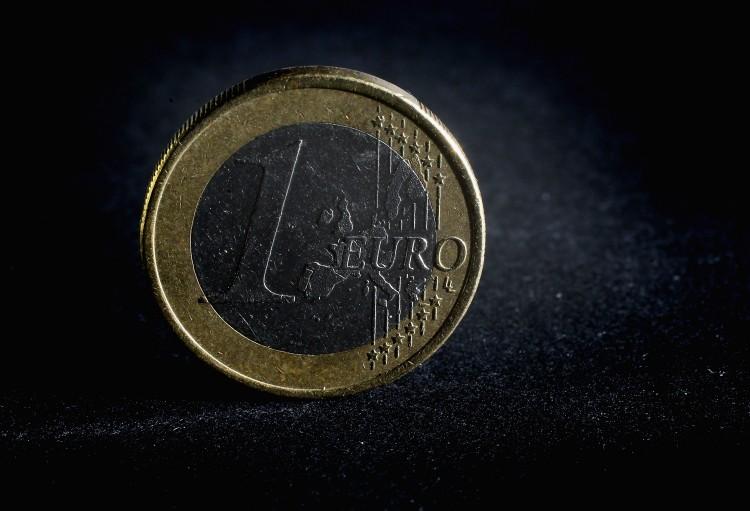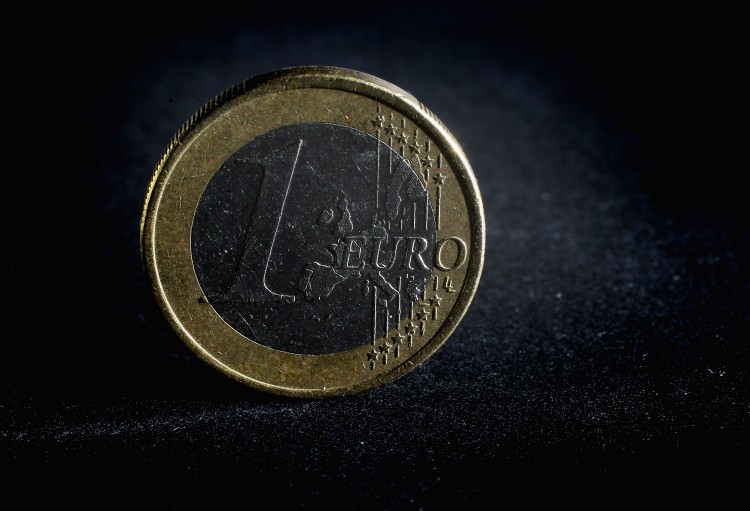In a serious climbdown for the Government, the Irish Minister for the Environment, Community and Local Government, Mr Phil Hogan TD, announced on Tuesday that he has established a high level and focussed inter-departmental expert group to consider the structures and methods for an equitable valuation-based property tax that will replace the current 100 euro Household Charge. The Group is tasked with reporting back to the Minister by the end of April 2012.
However, while the Minister claims that the Government is committed to replacing the household tax with a more equitable solution, another organisation would suggest that the Government’s hand has been forced. The Campaign Against Household & Water Taxes (CAHWT) has stated that a mass boycott of registration for the Household Tax was already on course, based on the government’s own figures of around 4 percent compliance after the first month. This means that 96 percent of householders have not signed up, they say, with an actual slow-down in the rate since early January. If this rate was to continue, only 12 percent would have registered by March 31st. Registration also includes people not liable for the charge at all, said the statement, masking the real level of non-payment.
According to the CAHWT, the figures bear out the overwhelming opposition to the Household Tax illustrated by attendances at CAHWT meetings. Thousands have attended public meetings in cities and towns, such as 500 in Cork, 350 in Limerick, 300 in west Donegal, 400 in Enniscorthy, 350 in Clonmel, 250 in Kilkenny and thousands at localised meetings in Dublin. Further meetings had been planned for Leitrim, Kildare, Mayo, Monaghan and Roscommon this week, with more planned for next week.







